The Unconquered Heart: Major Evelyn Reed’s Battle Beyond the Battlefield

The metal was hot against Major Evelyn Reed’s back, the desert sun unforgiving, but the air was suddenly cold. One moment, the rhythmic beat of a patrol, the next, a blinding flash and a silence that roared louder than the blast. She gave her legs to war that day, but the truest test of her heroism had just begun.
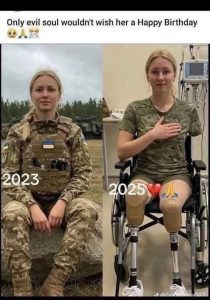
Evelyn was the picture of military dedication: sharp, fiercely intelligent, and a natural leader who commanded the unwavering respect of her platoon. She didn’t just issue orders; she was always the first to step into danger, driven by an oath to protect her comrades.

The Day the Earth Struck Back
In the chaotic aftermath of the IED (Improvised Explosive Device) strike, her mind immediately zeroed in on the mission, not the searing pain. “Status check! Anyone else down?” she barked, spitting dust and blood. Even as the medics rushed in, her eyes scanned for her team. Her legs were gone, sacrificed to the brutal landscape of a foreign war, but her composure was absolute.
Back home, the recovery was a grueling, silent war waged against phantom pain and the crushing weight of a life fundamentally altered. The medals were mounted, the praise was given, but every morning she woke up to a reality where the simple act of standing was a monumental task. The military offered her a comfortable desk job, a quiet retirement, a way to disappear honorably.
But Major Reed had never been one to disappear.
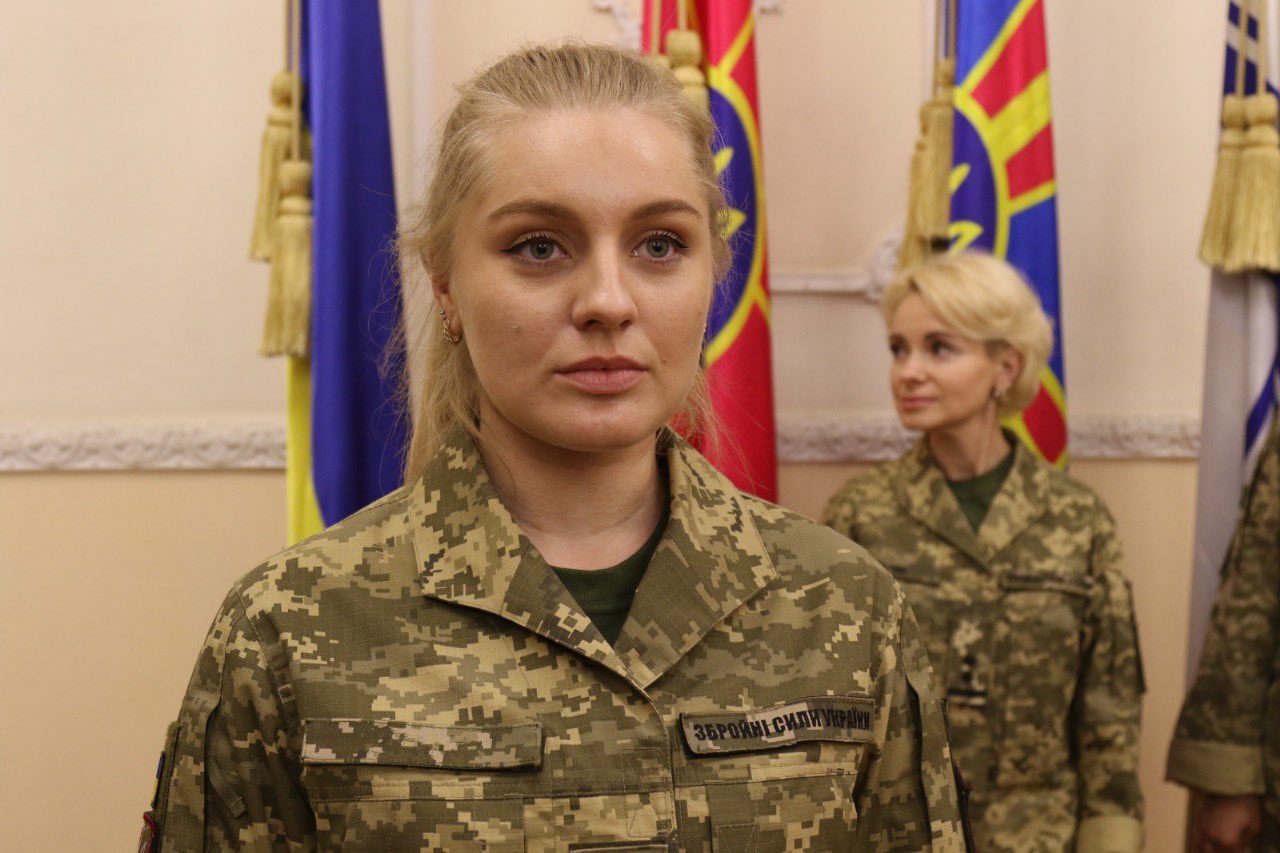
Rising to a New Battle
The phrase, “True heroes don’t just fight—they rise, even when they can no longer stand,” became her mantra.
Evelyn found her new battlefield not in a foreign land, but in a small, windowless gym dedicated to rehabilitating injured veterans. She initially went to learn to use her prosthetic legs, but she quickly saw beyond her own struggle. Many of the young soldiers there weren’t just physically broken; their spirits had been shattered by the invisible wounds of guilt, fear, and loss of purpose.
Evelyn, still navigating her own intense grief, started sharing her story not as a victim, but as a warrior who simply traded one type of armor for another.
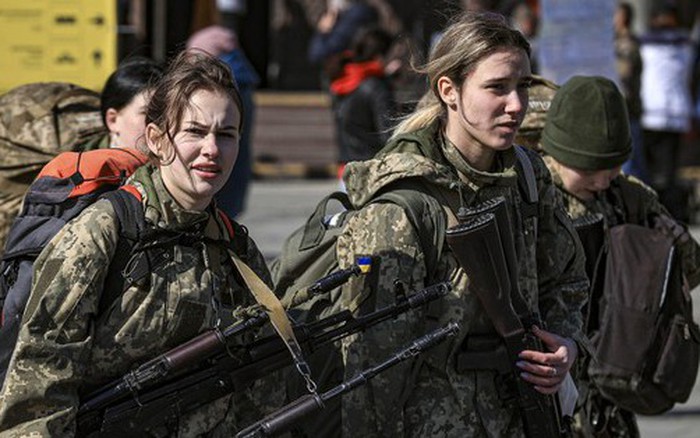
A turning point came with Private Miller, a young Marine who had lost an arm and refused to speak. He sat slumped in his wheelchair, gazing at the floor. Evelyn wheeled over, not with pity, but with a challenge.
“Private, I hear you were quite the baseball pitcher,” she said, her voice firm. Miller didn’t look up. Evelyn paused, then offered a quiet admission. “The hardest thing I ever did was learning to fall again, and then figuring out how to get up without using my hands. It took me six weeks. I still curse every time.”
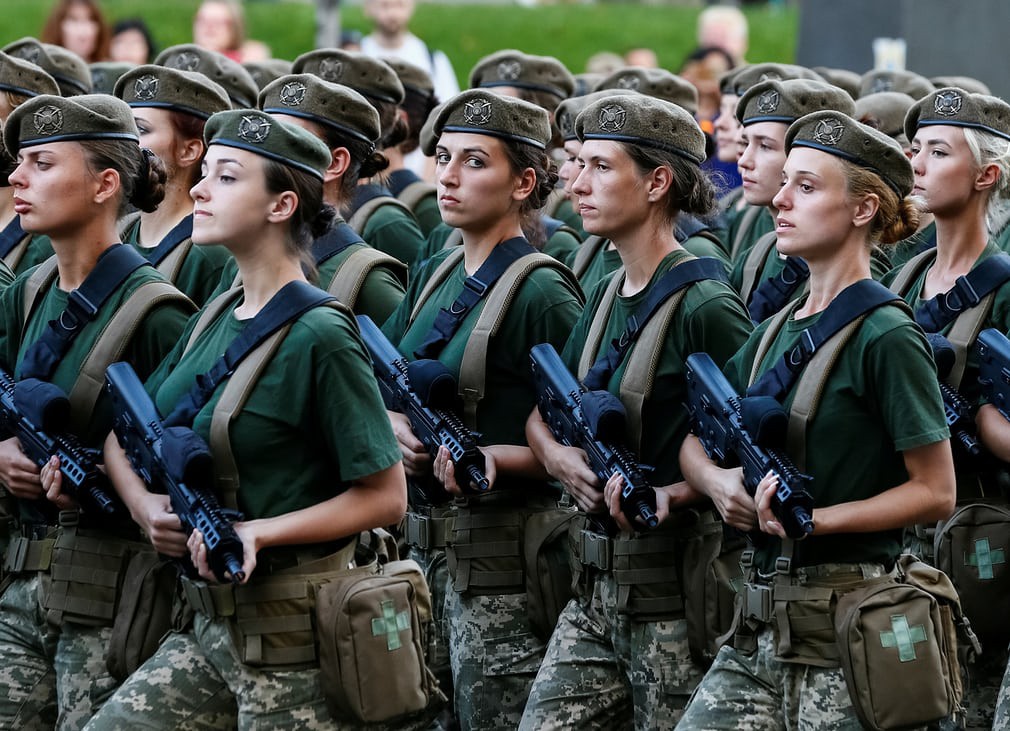
She didn’t ask him to talk about the war; she simply asked him to compete. She organized a wheelchair basketball game, demanding participation. When Miller finally looked up, he saw his former commander, Major Reed, not standing tall, but moving with fierce, agile purpose on a basketball court, maneuvering her chair with an athlete’s grace.
The Heart Unconquered
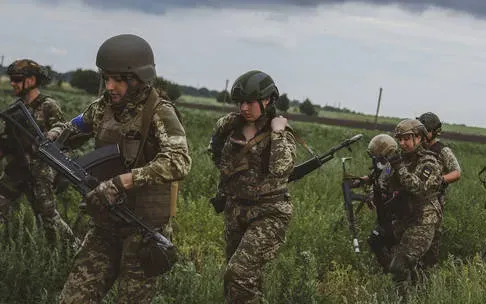
Evelyn didn’t just teach the veterans to use their bodies; she taught them to use their heart—the one part of her that the war could never claim. She created a non-profit organization called “The Unconquered,” dedicated to adaptive sports and job placement for veterans. Her philosophy was simple: You gave your body to the nation; now, reclaim your life through your will.
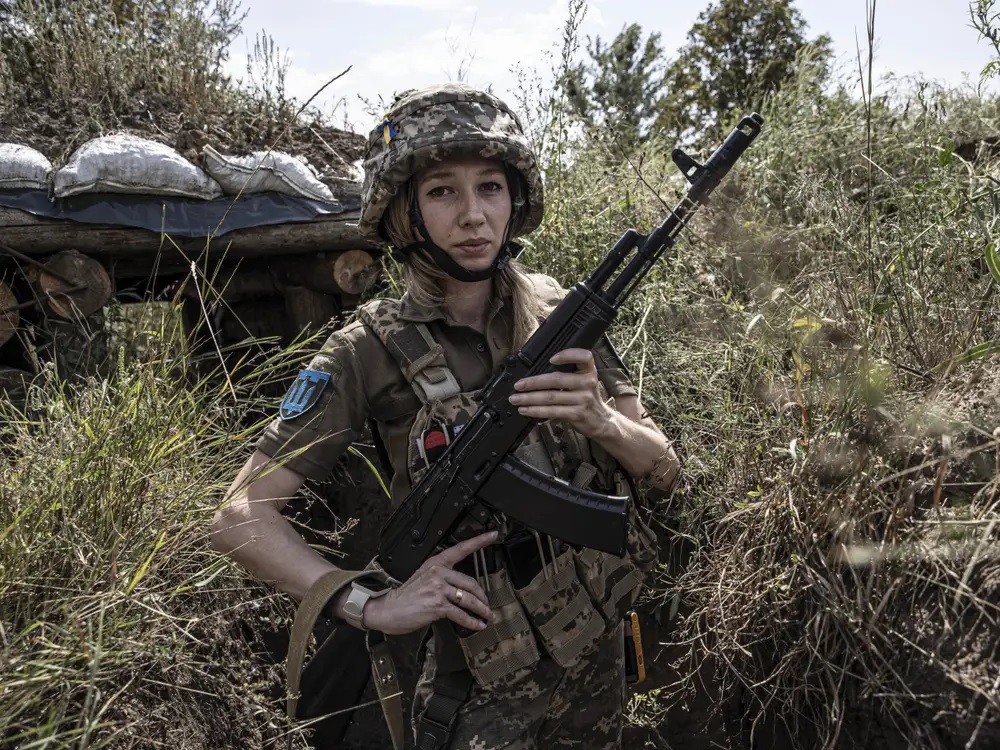
Major Evelyn Reed may no longer stand at attention, but when she addresses a crowd, seated confidently in her chair, her presence is more commanding than ever. She is a towering figure of resilience, a living testament to the fact that courage is not measured in height or limb count, but in the boundless capacity of a spirit that refuses to be defeated. She gave her legs to war, but in doing so, she unlocked a far greater power: the ability to help others rise.